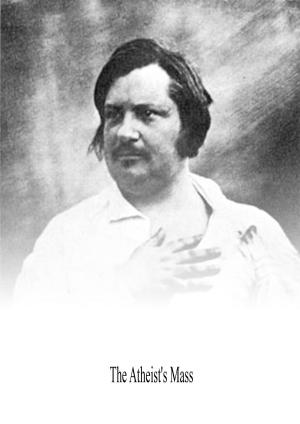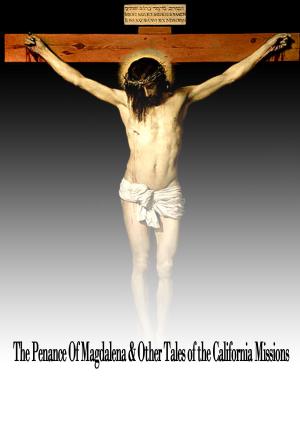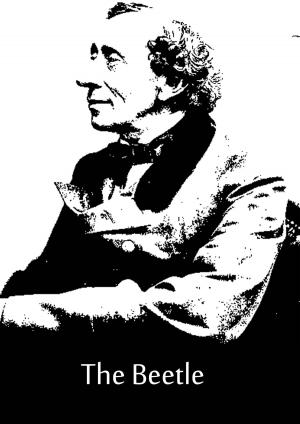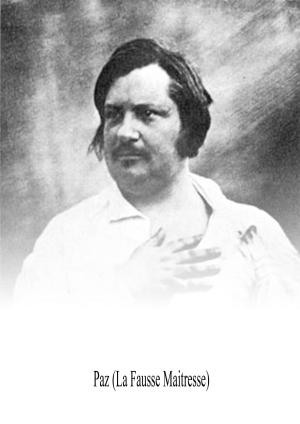Dialogues on the System of the World [Christmas Summary Classics]
Nonfiction, Reference & Language, Reference| Author: | Galileo | ISBN: | 1230000036264 |
| Publisher: | Zhingoora Books | Publication: | December 3, 2012 |
| Imprint: | Language: | English |
| Author: | Galileo |
| ISBN: | 1230000036264 |
| Publisher: | Zhingoora Books |
| Publication: | December 3, 2012 |
| Imprint: | |
| Language: | English |
Christmas Summary Classics
This series contains summary of Classic books such as Emma, Arne, Arabian Nights, Pride and prejudice, Tower of London, Wealth of Nations etc. Each book is specially crafted after reading complete book in less than 30 pages. One who wants to get joy of book reading especially in very less time can go for it.
GALILEO
Dialogues on the System of the World
Galileo Galilei, famous as an astronomer and as an experimental physicist, was born at Pisa, in Italy, Feb. 18, 1564. His talents were most multifarious and remarkable; but his mathematical and mechanical genius was dominant from the first. As a child he constructed mechanical toys, and as a young man he made one of his most important discoveries, which was that of the pendulum as an agent in the measurement of time, and invented the hydrostatic balance, by which the specific gravity of solid bodies might be ascertained. At the age of 24 a learned treatise on the centre of gravity of solids led to a lectureship at Pisa University. Driven from Pisa by the enmity of Aristotelians, he went to Padua University, where he invented a kind of thermometer, a proportional compass, a microscope, and a telescope. The last invention bore fruit in astronomical discoveries, and in 1610 he discovered four of the moons of Jupiter. His promulgation of the Copernican doctrine led to renewed attacks by the Aristotelians, and to censure by the Inquisition. (See Religion, vol. xiii.) Notwithstanding this censure, he published in 1632 his "Dialogues on the System of the World." The interlocutors in the "Dialogues," with the exception of Salviatus, who expounds the views of the author himself, represent two of Galileo's early friends. For the "Dialogues" he was sentenced by the Inquisition to incarceration at its pleasure, and enjoined to recite penitential psalms once a week for three years. His life thereafter was full of sorrow, and in 1637 blindness added to his woes; but the fire of his genius still burnt on till his death on January 8, 1642.
Christmas Summary Classics
This series contains summary of Classic books such as Emma, Arne, Arabian Nights, Pride and prejudice, Tower of London, Wealth of Nations etc. Each book is specially crafted after reading complete book in less than 30 pages. One who wants to get joy of book reading especially in very less time can go for it.
GALILEO
Dialogues on the System of the World
Galileo Galilei, famous as an astronomer and as an experimental physicist, was born at Pisa, in Italy, Feb. 18, 1564. His talents were most multifarious and remarkable; but his mathematical and mechanical genius was dominant from the first. As a child he constructed mechanical toys, and as a young man he made one of his most important discoveries, which was that of the pendulum as an agent in the measurement of time, and invented the hydrostatic balance, by which the specific gravity of solid bodies might be ascertained. At the age of 24 a learned treatise on the centre of gravity of solids led to a lectureship at Pisa University. Driven from Pisa by the enmity of Aristotelians, he went to Padua University, where he invented a kind of thermometer, a proportional compass, a microscope, and a telescope. The last invention bore fruit in astronomical discoveries, and in 1610 he discovered four of the moons of Jupiter. His promulgation of the Copernican doctrine led to renewed attacks by the Aristotelians, and to censure by the Inquisition. (See Religion, vol. xiii.) Notwithstanding this censure, he published in 1632 his "Dialogues on the System of the World." The interlocutors in the "Dialogues," with the exception of Salviatus, who expounds the views of the author himself, represent two of Galileo's early friends. For the "Dialogues" he was sentenced by the Inquisition to incarceration at its pleasure, and enjoined to recite penitential psalms once a week for three years. His life thereafter was full of sorrow, and in 1637 blindness added to his woes; but the fire of his genius still burnt on till his death on January 8, 1642.
![Cover of the book Dialogues on the System of the World [Christmas Summary Classics] by Galileo, Zhingoora Books](https://www.kuoky.com/images/2012/december/500x500/1230000036264-L9mu_500x.jpg)
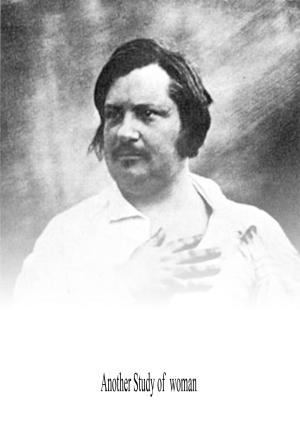
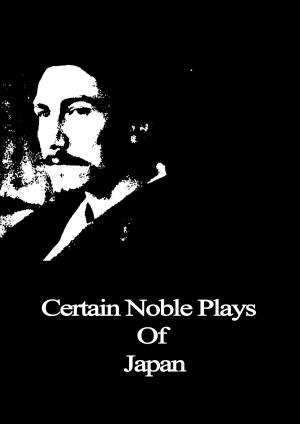


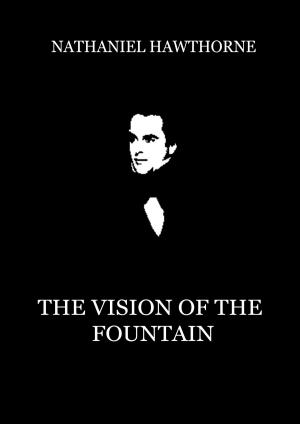
![Cover of the book Outlines of Astronomy [Christmas Summary Classics] by Galileo](https://www.kuoky.com/images/2012/december/300x300/1230000036253-jdPC_300x.jpg)
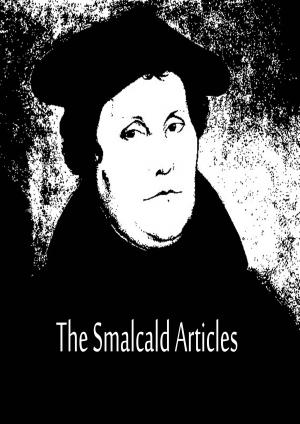
![Cover of the book Christmas In Legend And Story [Christmas Summary Classics] by Galileo](https://www.kuoky.com/images/2012/october/300x300/1230000024186-Kd44_300x.jpg)
